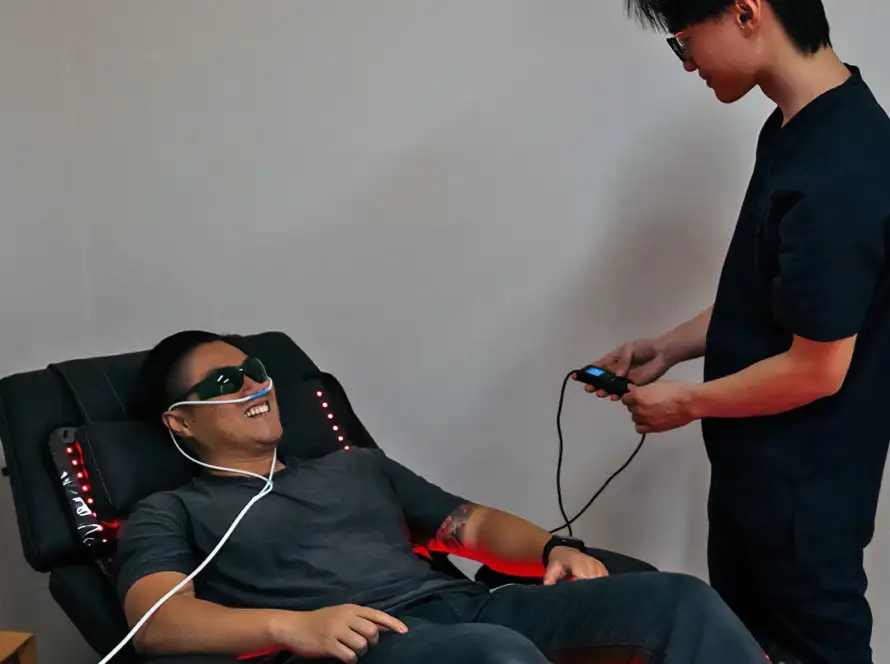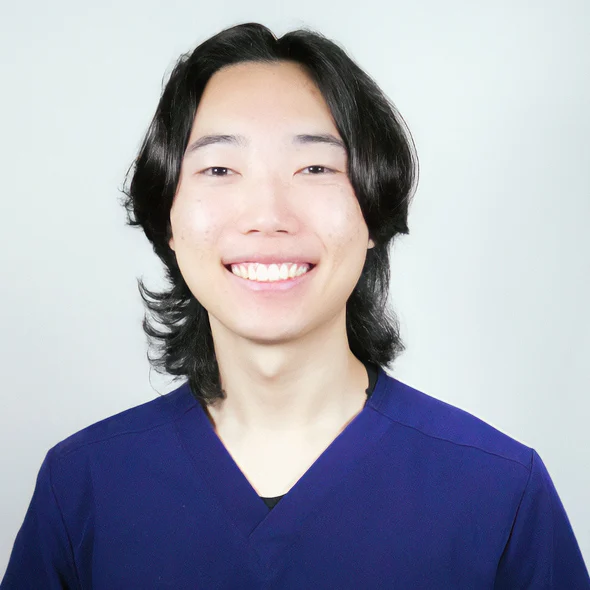In our fast-paced world, sleep often takes a backseat to our hectic schedules and daily demands. We may overlook its importance, but sleep plays a critical role in our overall health and well-being. When it comes to recovery from concussions and traumatic brain injuries (TBIs), sleep becomes even more crucial. In this blog post, we will explore the significance of sleep in the recovery process, shedding light on its restorative powers and how it aids the brain in healing.
The Brain’s Remarkable Ability to Heal
Before diving into the connection between sleep and brain injury recovery, it’s important to understand the brain’s incredible ability to heal itself. When a concussion or TBI occurs, the brain can sustain damage, resulting in a variety of symptoms, including headaches, memory problems, and cognitive deficits. However, the brain possesses the remarkable capacity to repair and regenerate damaged cells, given the right conditions.
The Role of Sleep in Brain Healing
Sleep is one of these essential conditions. When we sleep, our bodies enter a state of restoration and repair. For the brain, this means a chance to mend itself, consolidate memories, and clear out waste products. Here’s how sleep contributes to the recovery process:
- Cellular Repair: During deep sleep, the brain releases growth hormones that stimulate cell repair and growth. This process is essential for healing damaged brain tissue.
- Memory Consolidation: Sleep plays a pivotal role in consolidating memories. It allows the brain to organize and store information from the day, aiding in the recovery of cognitive functions impaired by a brain injury.
- Inflammation Reduction: Sleep helps to regulate the body’s inflammatory responses. This is crucial because inflammation can exacerbate brain injury symptoms. Adequate sleep promotes a healthier immune system, reducing inflammation and promoting recovery.
- Waste Removal: The brain has its own waste removal system, known as the glymphatic system, which becomes highly active during sleep. This system helps flush out toxins and waste products, promoting a cleaner and healthier brain environment.
Practical Tips for Improving Sleep during Recovery
Now that we understand the importance of sleep in brain injury recovery, here are some practical tips to enhance the quality of your sleep:
- Stick to a Routine: Establish a consistent sleep schedule by going to bed and waking up at the same time every day, even on weekends.
- Create a Comfortable Sleep Environment: Ensure your bedroom is conducive to sleep by keeping it dark, quiet, and at a comfortable temperature.
- Limit Screen Time: The blue light emitted by screens can disrupt your sleep. Avoid screens at least an hour before bedtime.
- Be Mindful of Diet: Avoid caffeine and heavy meals close to bedtime, as they can interfere with sleep. Opt for light, sleep-promoting snacks if needed.
- Relaxation Techniques: Practice relaxation techniques such as deep breathing, meditation, or gentle yoga before bed to calm your mind and reduce stress.
- Seek Professional Help: If you’re struggling with sleep during your recovery, consult a healthcare professional. They can offer guidance and may recommend therapy or medication when appropriate.
Sleep is often underestimated, but it is a powerful tool in the recovery process, especially when healing from concussions and traumatic brain injuries. By understanding the connection between sleep and brain healing, and by incorporating healthy sleep habits into your daily routine, you can optimize your recovery and pave the way for a healthier, happier future. So, don’t underestimate the importance of a good night’s sleep – it’s a vital step on your journey to recovery.







